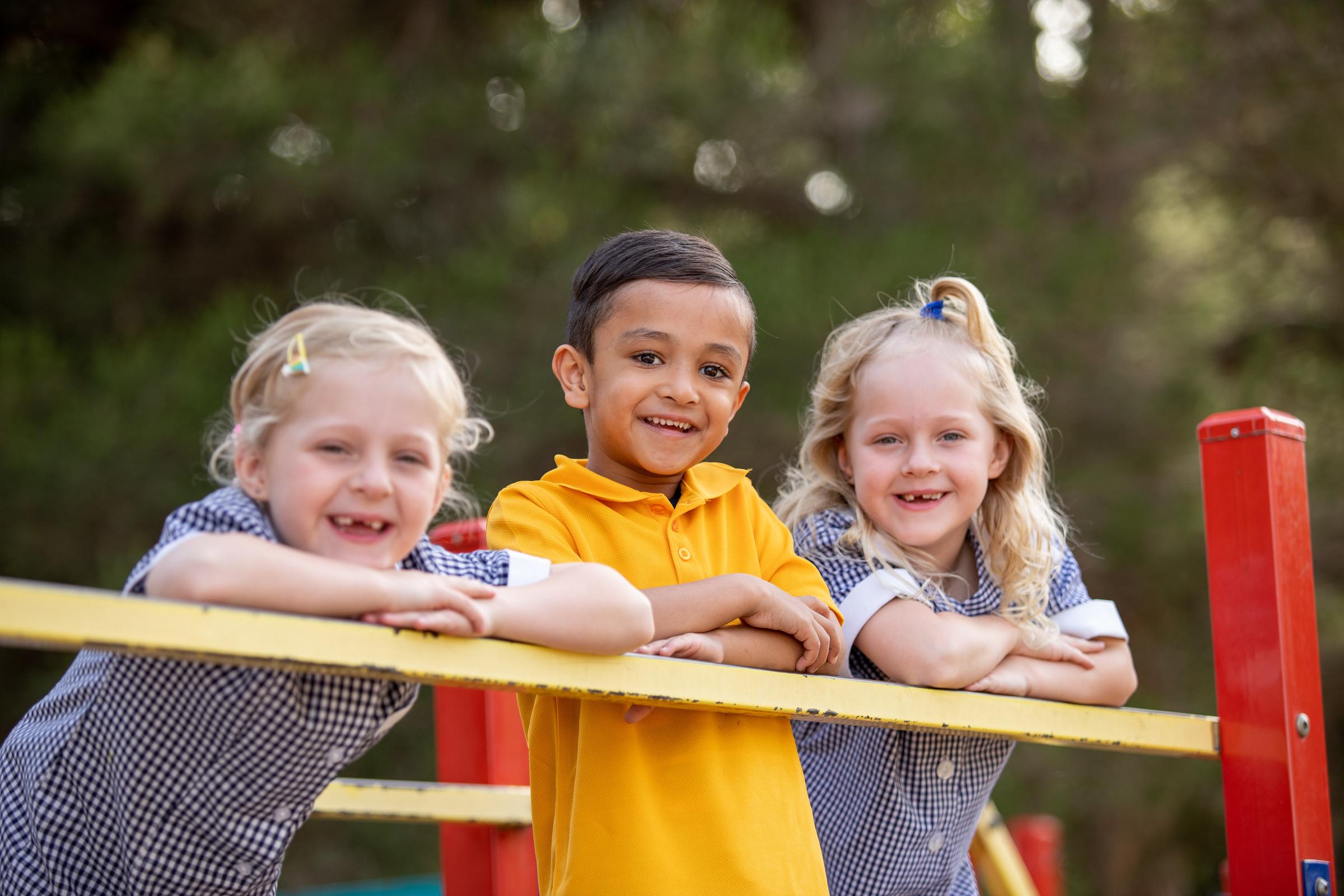Chaplain’s Spot

‘How to help our kids cope with the world’
Over the last two years, our world has changed dramatically, and we have all needed to work hard to gain more resilience. Most recently there has been an extra dimension to that world craziness and uncertainty, with the Russia/Ukraine war. Here are a few helpful strategies to assist in supporting your children during these difficult times:
- Limit their viewing time, but don't try to keep it a secret.
- Be with them when they are seeing or reading stories.
- Provide comfort and affection.
- Distract them with a game or new activity.
- Take your cues from your child.
- Be age appropriate.
- Be available.
- Be thoughtful about the topics you bring up.
- Confront your own feelings first. Give yourself time to process the event prior to sharing with your children.
- If your child brings up a big topic, don’t avoid it. They may have heard or seen something that put this in their mind. Many kids hear things from others (friends, teachers, etc) before they come to you.
- Listen to their fears and talk about it at their level of understanding, not yours.
- If they ask questions, clarify what they are asking. Sometimes when they ask a question, they are really trying to understand a deeper issue. Make sure you know where your child is at, and respond accordingly.
- Be honest but short. No need to share graphic pictures or turn on the news and watch with them.
- Remain calm and model calm responses and logical thinking.
- Provide reassurance. We can’t protect our children from everything, but we can reassure them and share that there are good things and people in the world too.
- Stick to the facts. Kids usually want answers and we may not always have them.
- Resist the urge to add in a personal opinion and allow them to develop their own.
- Remind them that the world isn’t all bad. When bad things happen, it can feel like the world is closing in. Remind them that there are many who seek to help rather than hurt others.
Offer them words to choose from by telling them it's normal to feel sad, upset, or confused. Be a good role model by sharing how you are feeling and explaining what you are doing to help yourself feel better. Encourage them to express feelings through play, drawing, storytelling, or other creative activities.
Remember that children have a strong need for safety and connection, and they look to their caregivers to meet these needs. Children can sense and internalize adults stress, and they will ask about it. They rely on us to learn how to respond to situations and experiences, based on what they see happening around them. By making sure you pay extra attention and are mindful of what your child is really looking for, you can help foster a connection that will help them feel safe, and develop healthy skills and responses.
When we need others to help us:
askizzy.org.au
‘Ask Izzy is a mobile website that connects people who are in crisis with the services they need right now and nearby.’ Food, housing and money are just some of the areas of support that are available.
We all need support at different times, and ‘AskIzzy’ is an easily accessible site to find those contacts that can ease our challenging situations. Check it out!
Please feel free to contact me via Compass, or at school, if there is anything you would like to discuss I am here to support our school community with whatever is challenging us.
Quote for the week:
”When THE WHOLE WORLD IS SILENT, EVEN ONE VOICE BECOMES POWERFUL.” Malala Yousafzai
Alan Silverwood – Chaplain - Pastoral care for our community. [Monday, Tuesday, Friday]
[alan.silverwood@education.vic.gov.au] Supporting the School community in emotional, social, spiritual and practical wellbeing. The Chaplaincy program is funded by the Federal Government, donations and GRPS School Council.


